The aroma of citrus fills the air in the small factory in Melbourne’s west. Boxes of thick-skinned lemons are piled up on the floor. Jon Caneva smiles as he carefully takes to the lemons with a small, sharp knife. ‘You have to remove the outside of the skin without taking any of the white pith, otherwise the limoncello will become bitter,’ says Jon. He’s a man who wears a happy demeanour like a well-fitting jacket. He was born into hospitality, growing up in a pub at Newport in Melbourne’s west. Jon went on to run and own pubs such as the famous Duke of Windsor in the 1990s, at the peak of the Melbourne band scene.

He learned to make limoncello from a neighbour, an old Italian woman called Theresa. ‘She would come by and drop off some limoncello to my dad,’ says Jon with a wistful smile.


Enjoy Don Giovanni liqueurs at the following venues:
Caterina’s, Lupino, Becco, Bar Carlo, SPQR, Massi, Pentolina – all Melbourne CBD; The Post Office Hotel, Coburg; Navi Restaurant and Café Terroni, Yarraville; Lower West Side Wine Bar, Williamstown; Ladro Tap, Prahran; Ines Wine Bar, Windsor; Mr Piccolo Kitchen & Bar, Kensington; Little Black Pig & Sons, Heidelberg; Rinaldo’s Casa Cucina, Wangaratta; Miss Amelie, Wodonga.
Don Giovanni
700ml bottles of Limoncello, Mandarino and Blood Orange liqueurs retail for $55
dongiovanni.com.au

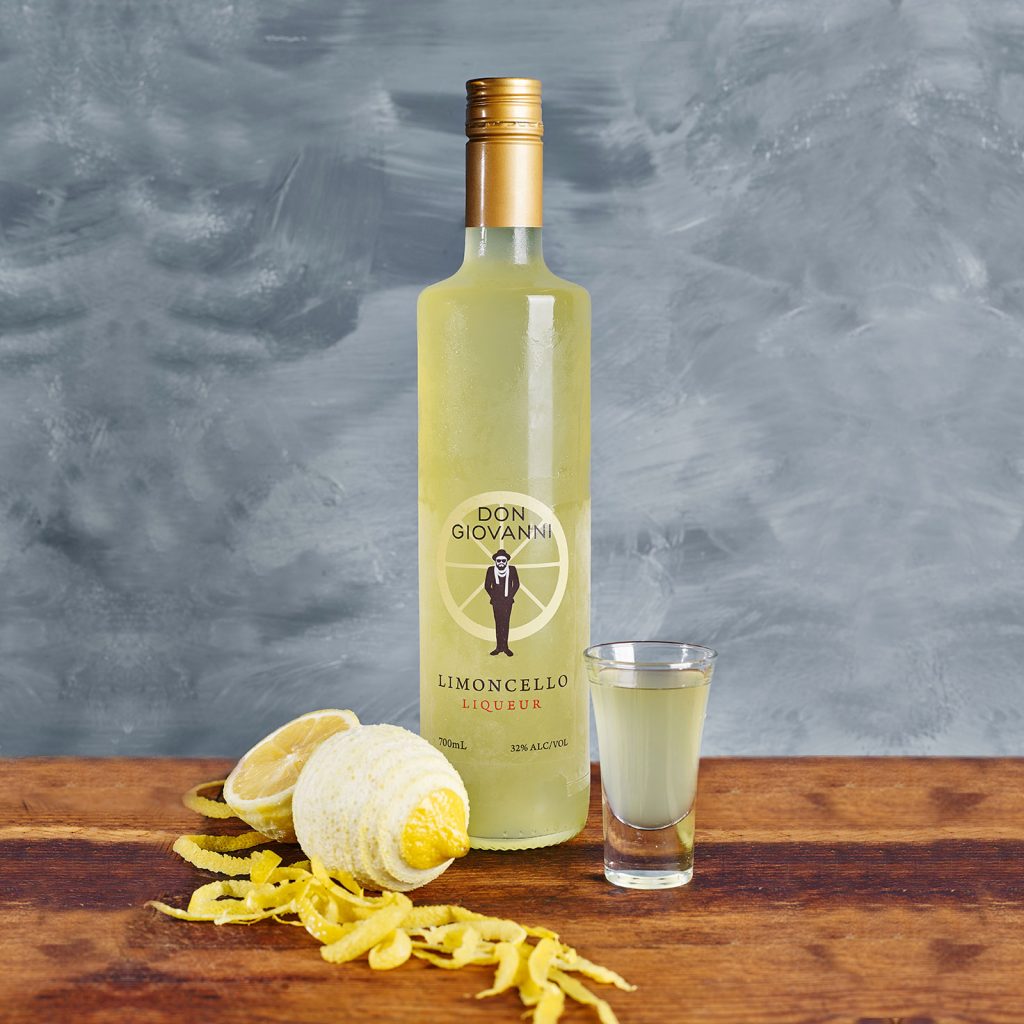
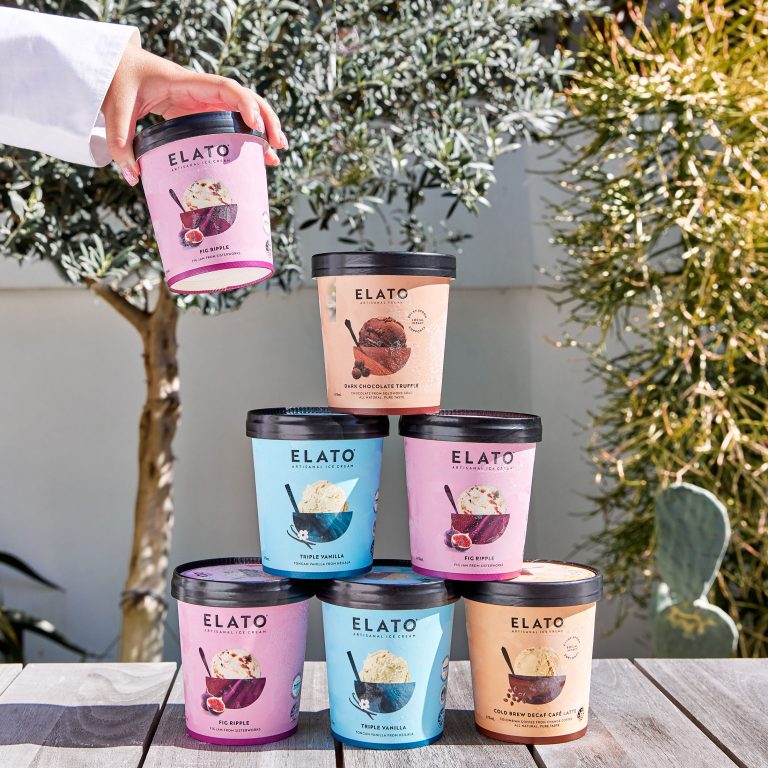
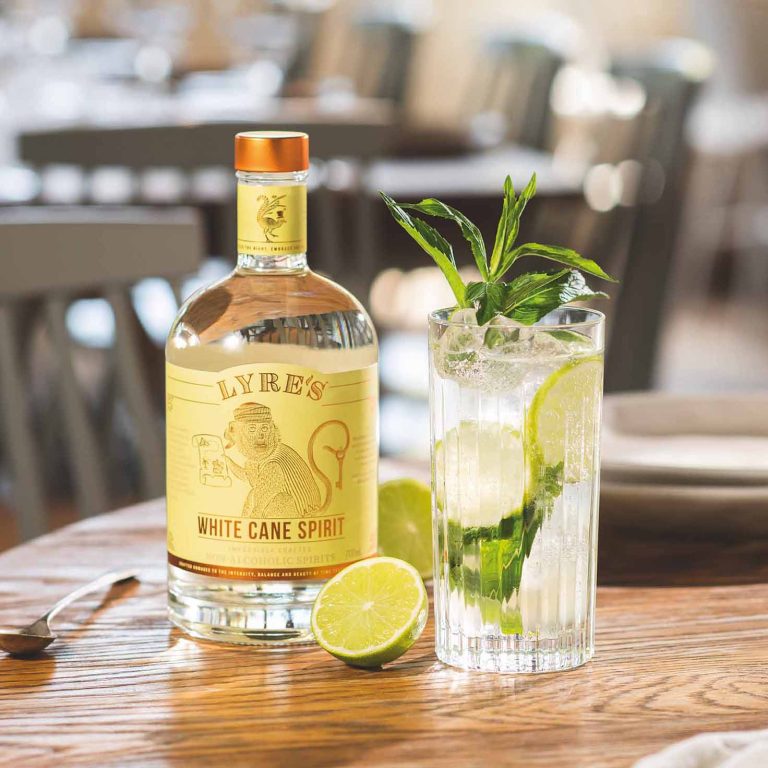
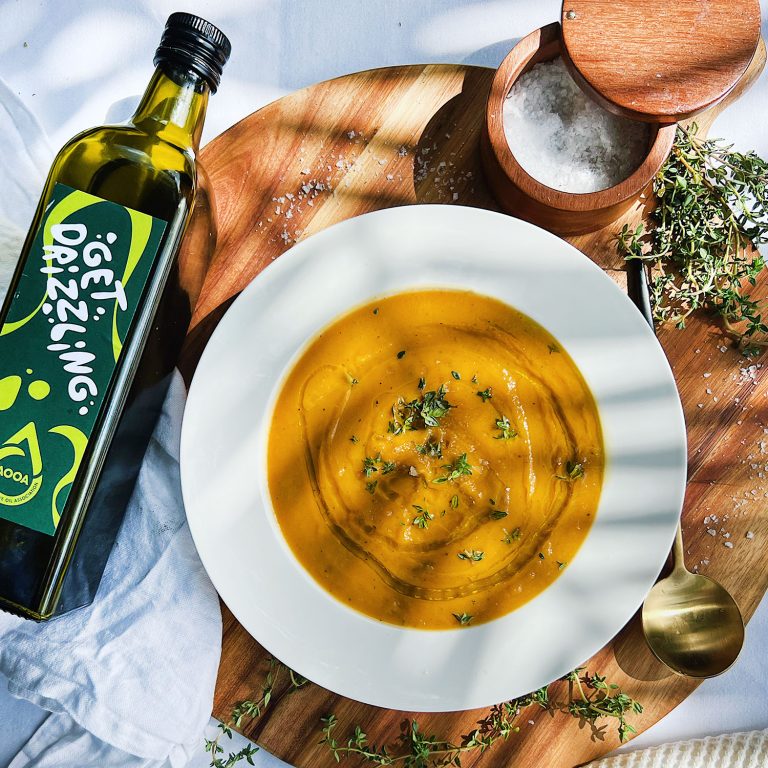
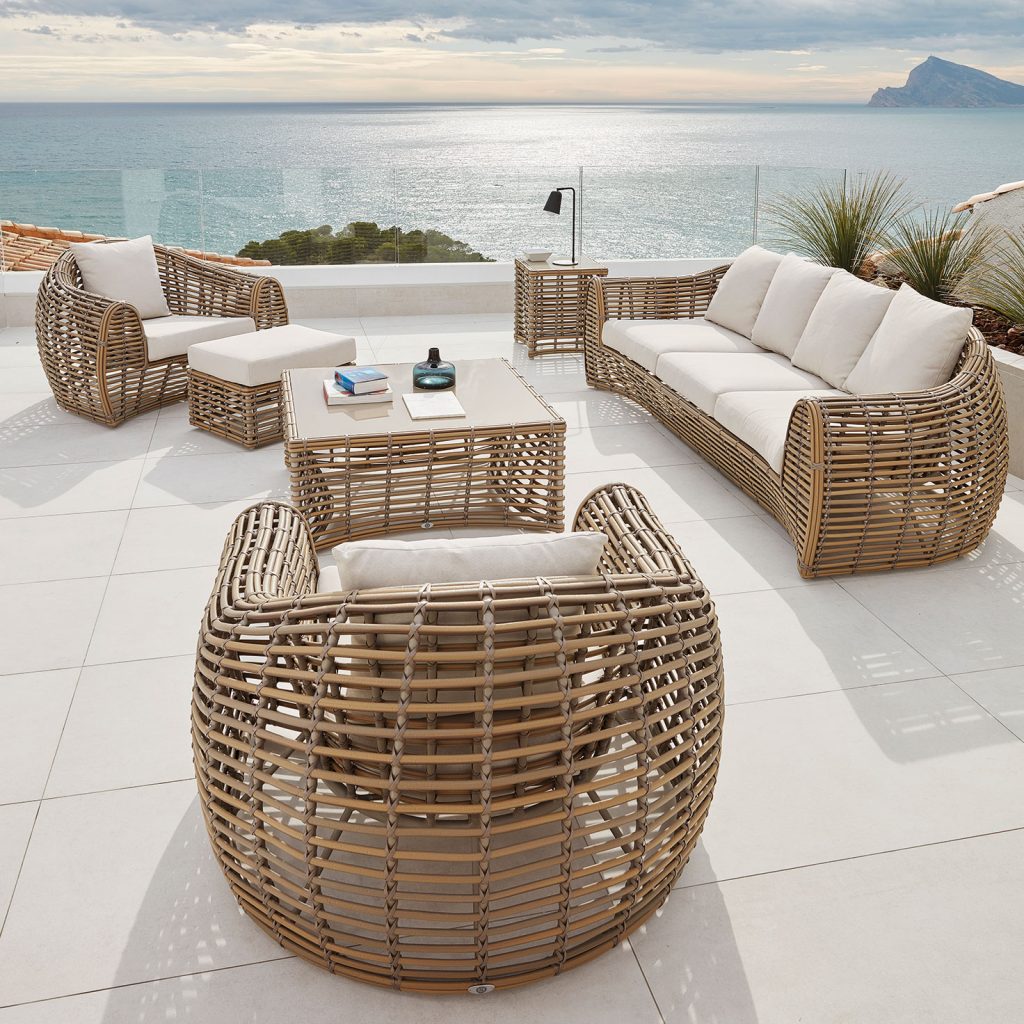
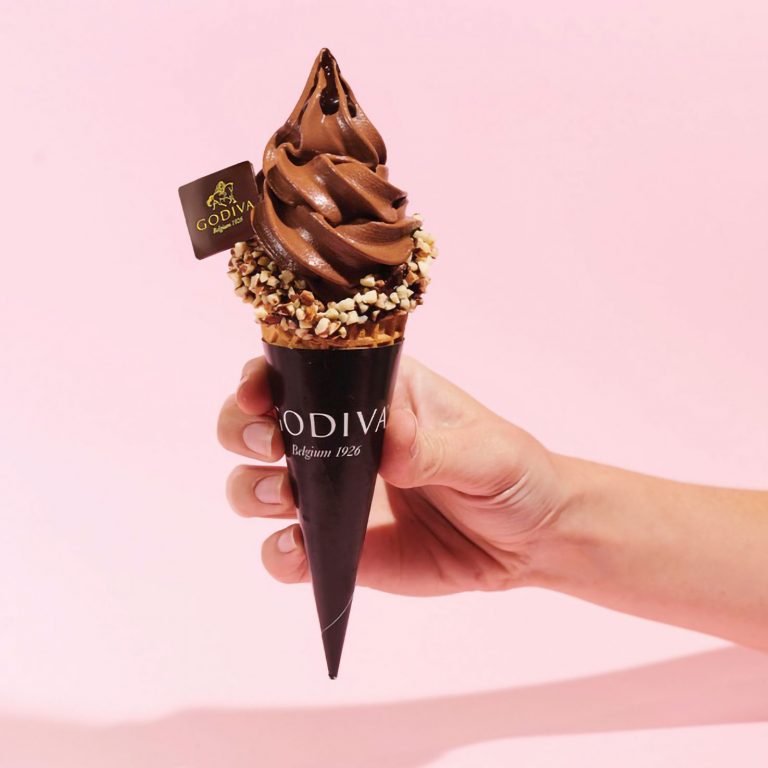
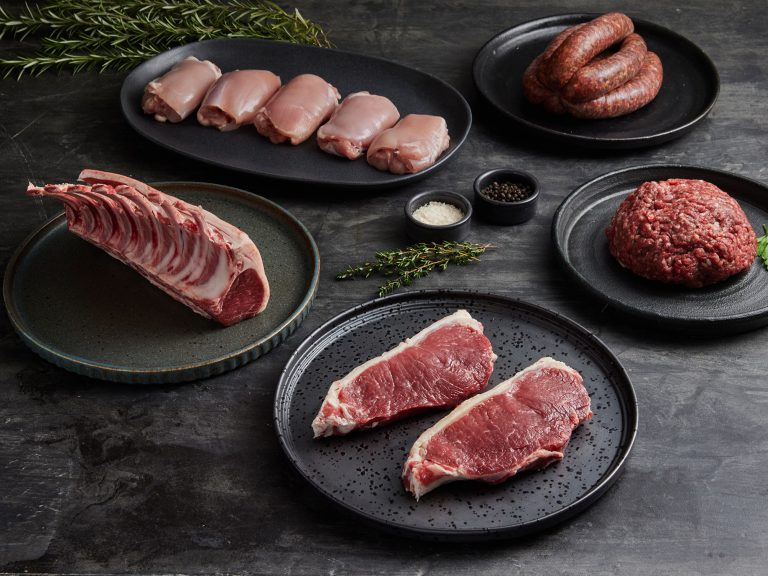
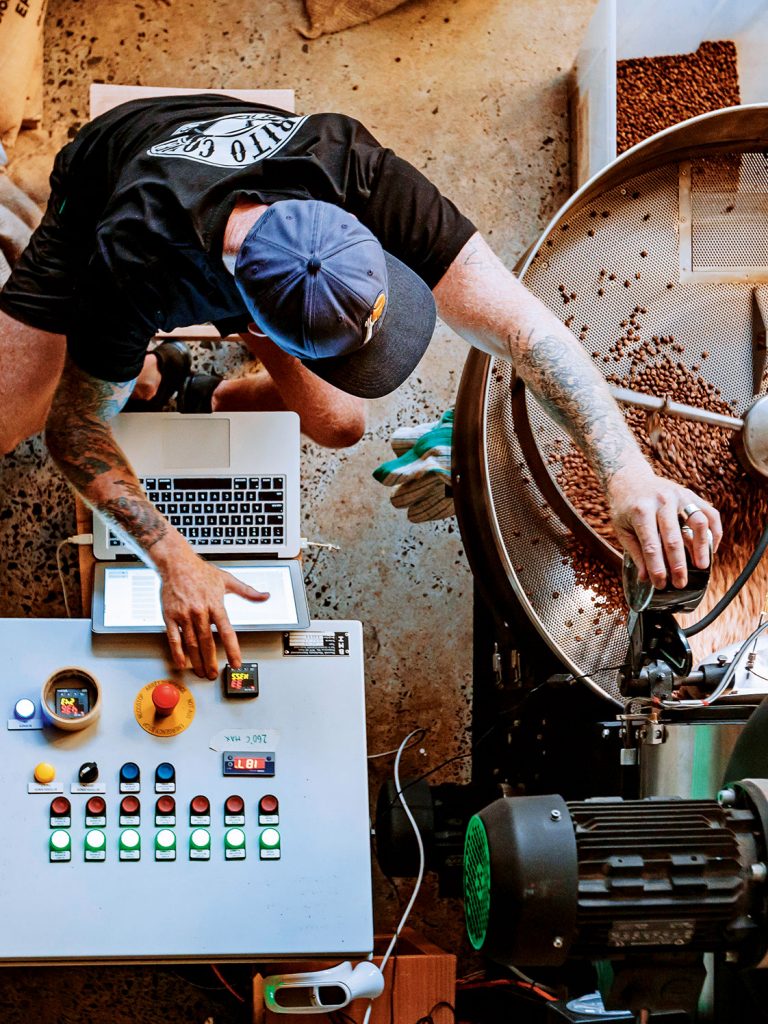
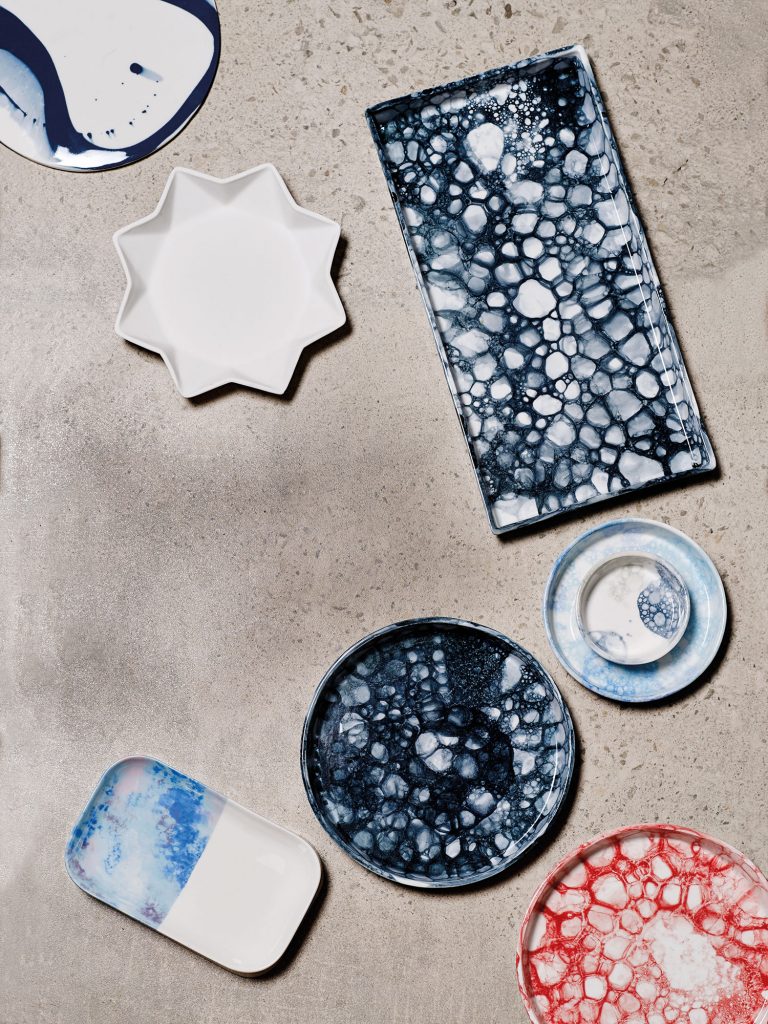
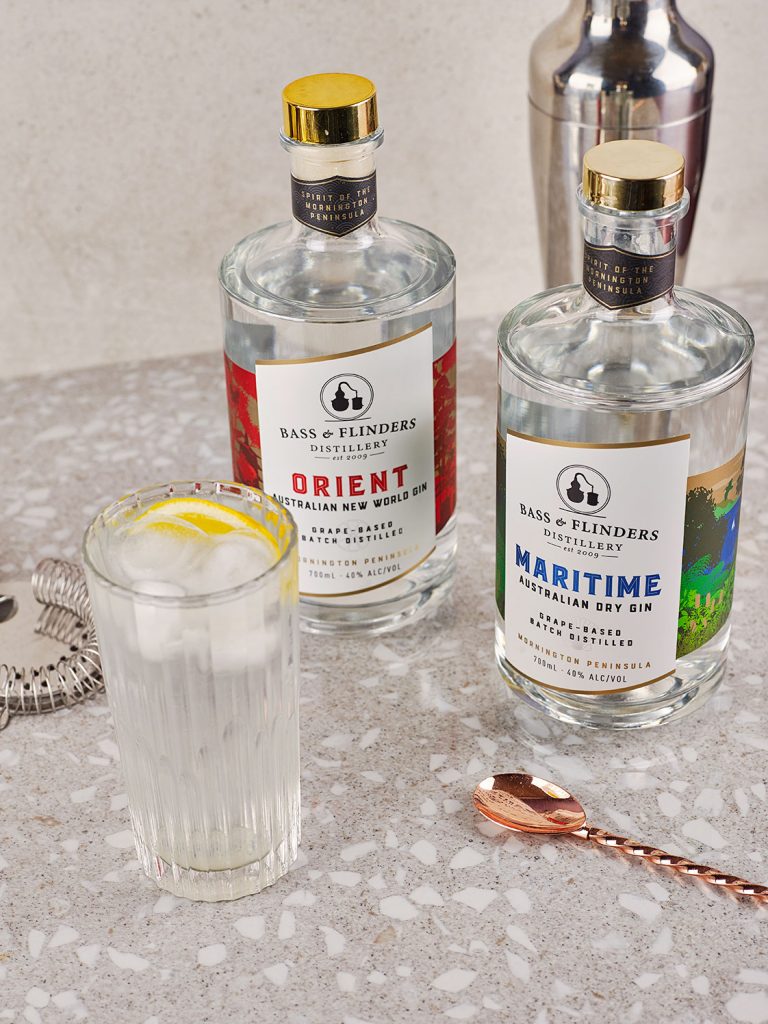
Comments are closed.